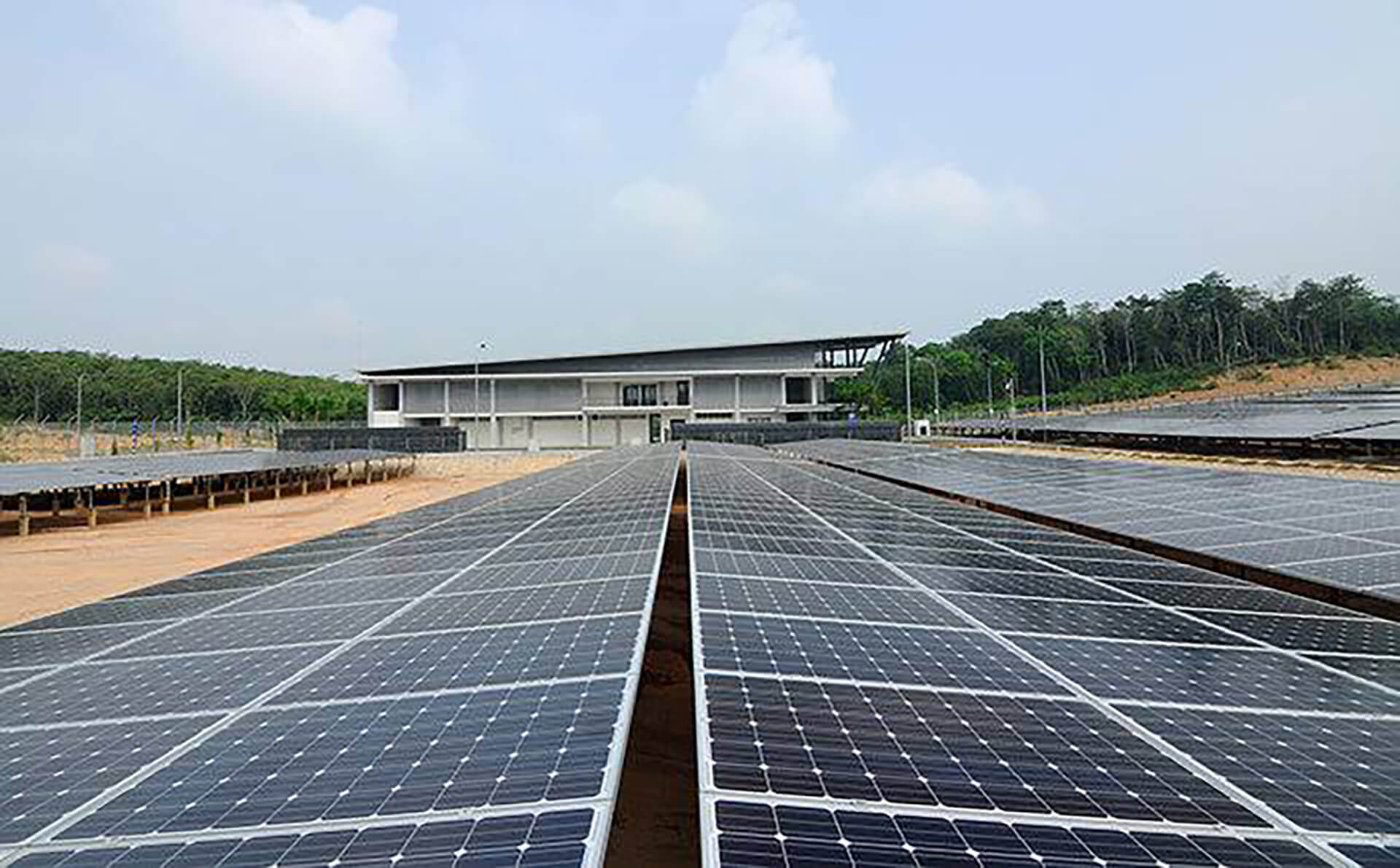Video produced by CIMB explaining Sukuk bonds. Available at: https://www.youtube.com/watch?v=_mPgAtnDlw4
Description
Sukuk are interest-free bonds designed to yield returns to investors in accordance with Sharia principles (Islamic law). Instead of interest, investors receive an agreed share of the profits generated by the pool of underlying assets, partially owned by the investors themselves.
Several aspects of sukuk issuances make it a viable option for mobilising private sector finance for smart city projects that promote green or sustainable outcomes. For instance, similar to Green, Social, Sustainable, Sustainability-linked Bonds (GSSS) bonds, funds raised through sukuk are earmarked for specific purposes that are rooted in socially responsible and ethical principles. The asset-based structure of a sukuk also provides investors with higher certainty that the funds raised will be used for the designated purpose.
Enabling conditions and Key Considerations
- Establish national guidelines for green or sustainable sukuk issuance. A national framework for green or sustainable sukuk issuance can play a crucial role in encouraging its use as a viable option for local governments to mobilise private sector finance to fund smart city projects. These guidelines not only help facilitate the issuance process and prevent greenwashing, but also sends a strong signal of government support for such sustainable investments. Both Malaysia and Indonesia have introduced national green sukuk standards, i.e. Malaysia’s Sustainable and Responsible Investment (SRI) Sukuk Framework (2014) and Indonesia’s Green bond and Green Sukuk framework (2017).
- Adherence to available international best practices. Sukuk issued for green or sustainability-linked initiatives should adhere to available international best practice, such as the GSSS Principles developed by the Islamic Development Bank in collaboration with the International Capital Markets Association and the London Stock Exchange Group. Doing so could help attract demand from international investors and alleviate domestic investors uncertainty.
- Existing legal framework adapted to Islamic finance principles. An existing legal framework aligned with Islamic finance principles is a prerequisite for issuing a sukuk (or green sukuk) due to the unique and specific nature of Islamic finance transactions. This is necessary to address key elements of Islamic finance, such as the prohibition of earning interest (riba), adherence to ethically and socially responsible principles, and the structuring of sukuk based on profit-and-loss sharing agreements.
- Incentives to foster interests. Leveraging incentives such as tax deduction or subsidies to reduce the cost of investing and issuing in green sukuk can encourage private sector engagement. For example, in Malaysia, issuers of of green sukuk that are compliant with the country’s SRI sukuk framework are eligible for tax deductions and subsidies.
Potential Challenges
- Restrictive issuance criterion could pose challenges. Complying with Sharia principles when issuing a sukuk can be a steep learning curve for new issuers. The specific criteria and structure of a sukuk can also incur marginally higher cost due to review and reporting costs.
- Small secondary market for sukuk investors. The secondary market for green sukuk remains small due to the limited number of sukuk investors. As a result, other institutional investors exhibit restrained confidence and interest in it as they typically seek a robust secondary market to fulfil liquidity expectations. Limited awareness of understanding of green sukuk beyond traditional investors also poses a challenge to fostering greater market liquidity.
- Shortage of eligible projects for sukuk issuance. A sukuk-transaction must be asset-based to comply with Sharia principles. For efficiency, issuers may opt to use green or sustainability-linked assets to structure the sukuk, however, identifying assets for this purpose can pose a significant challenge due to a shortage of eligible projects. Existing project-based green sukuk issuances tend to be focused on renewable energy and green real estate projects, when they have the potential to finance a wider range of projects such as solid waste management and sustainable land use for biodiversity conservation.
- Lack of standardised classification and performance measurement. The lack of classification of green assets and projects can prevent pooling of green assets for green sukuk issuance. Similarly, a lack of standardised performance measurements for green sukuk creates difficulty for investors to assess and compare the environmental impact and financial returns of these instruments. This challenge can hamper confidence in the instrument and limits its widespread utilisation.
Potential Benefits
- Alternative financing option for green or sustainable projects. Green or sustainability-linked sukuk can provide cities with a dedicated alternative source of funding for environmentally friendly and socially responsible projects. By accessing capital through these bonds, cities can advance their sustainability goals without relying on traditional financing methods like bank loans.
- Long-term financing option. Sukuk can provide long-term financing, as the timing of green infrastructure projects’ cash flow are generally compatible with medium- and long-term bond repayment schedules.
- Attractive alternative investment for investors looking to diversify their portfolio. Green or sustainable sukuk that have good credit ratings can be valuable assets to invest in for investors looking to diversify their portfolio.
Sources/Additional Information
- Asian Development Bank (2021). Background note. Green Islamic bonds. Available at: https://www.adb.org/sites/default/files/institutional-document/691951/ado2021bn-green-islamic-bonds.pdf
- ACCA (n.a.). Islamic finance. Available at: https://www.accaglobal.com/gb/en/student/exam-support-resources/professional-exams-study-resources/p4/technical-articles/islamic-finance—theory-and-practical-use-of-sukuk-bonds.html
- Global ethical finance initiative, UKIFC (2022). Financing a sustainable future. Available at: https://www.globalethicalfinance.org/wp-content/uploads/2022/10/Financing_A_Sustainable_Future_Web.pdf
- Islamic Finance Foundation (2016). SRI and green sukuk – challenges and prospects. Available at: https://www.sukuk.com/article/sri-and-green-sukuk-challenges-and-prospects-4762/#/?playlistId=0&videoId=0
- World Bank (2023). Sukuk are just another capital markets instrument (and that is a good thing). Available at: https://blogs.worldbank.org/allaboutfinance/sukuk-are-just-another-capital-markets-instrument-and-good-thing
- Securities Commission Malaysia (2019). Sustainable and Responsible Investment Sukuk Framework: An Overview. Available at: https://www.sc.com.my/api/documentms/download.ashx?id=84491531-2b7e-4362-bafb-83bb33b07416
- Ministry of Finance, Indonesia (n.a.). Green Bond and Green Sukuk Framework. Available at: https://api-djppr.kemenkeu.go.id/web/api/v1/media/B51F74A2-F8BF-47C7-A77F-DA48C2D33067
- ICMA (2024). Guidance on Green, Social and Sustainability Sukuk. https://www.icmagroup.org/assets/documents/Sustainable-finance/ICMA-IsDB-LSEG-Guidance-on-Green-Social-and-Sustainability-Sukuk-April-2024.pdf

